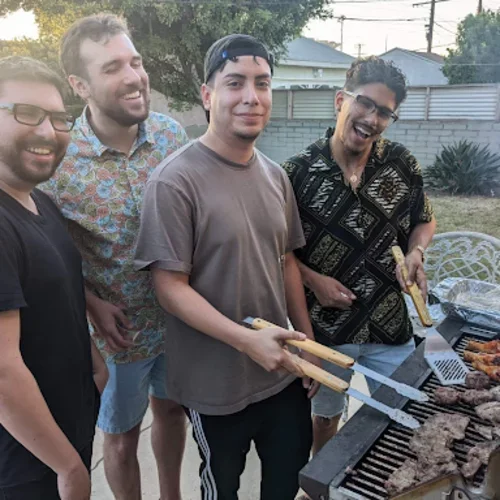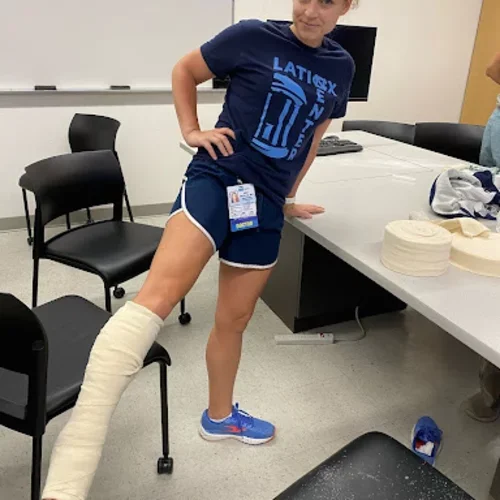Didactic Curriculum
The Didactic Curriculum
Our didactic curriculum centers around our weekly conferences which are held every Tuesday morning. This is protected time for all residents while in the Emergency Department and on many of our off-service rotations. Depending on the week, the conference utilizes different modalities to promote variety and retention of concepts. A typical month may feature a Simulation Day in our newly remodeled, state of the art Simulation Center, an off-site EMS day with LA County Fire, short and concise lightning lectures on high-yield review material coupled with faculty and alumni panel, and a procedurally-based cadaver lab. We also have a monthly journal club hosted in a faculty member’s home to gather, have dinner, and discuss Emergency Medicine literature.
At the beginning of each year, the residency sponsors an orientation focused on each class and their new responsibilities with individually tailored didactics, new skills sessions, and opportunities to engage seniors and alumni about their experiences. For our incoming interns, we have a 2.5 week “Intern Bootcamp” to orient the new intern class to our training sites and life as an Emergency Medicine Resident. During this time, there are high yield lectures from our faculty, hands-on procedure workshops and simulation sessions, introductory ED shifts, and social events to welcome the new class into the program. Our residency also supports the academic success of our residents through paid subscriptions to EM:RAP as well as Rosh Review.
Our conferences put an emphasis on the adult learning model that goes beyond "death by PowerPoint." Although we incorporate didactics in the classic formats, we also focus on group learning, flipped classroom, and simulation to make our conferences high-yield and engaging. We are updating our mock oral boards sessions to parallel the recent national changes, allowing our residents to be ready on graduation. We have also integrated a case-based style of medical education into the majority of our conferences called Emergency Medicine Foundations, which serves as a strong framework for our residents to build upon. This case-based series incorporates real-world scenarios to sharpen medical decision making, solidify core Emergency Medicine concepts, and prepare residents for the boards.


